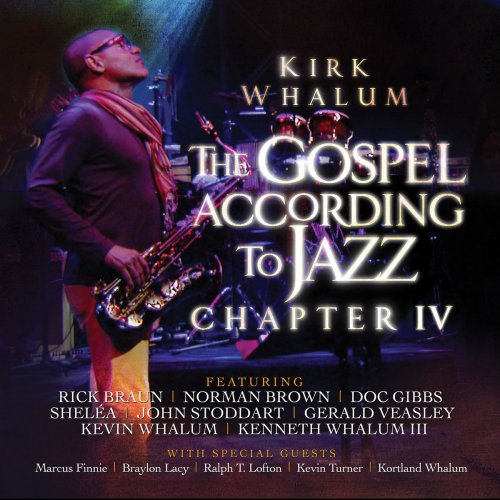Lifehouse - Who We Are (2007)
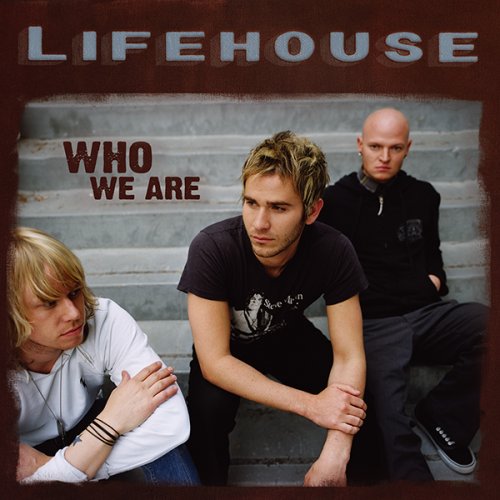
Artist: Lifehouse
Title: Who We Are
Year Of Release: 2007
Label: Geffen Records – UICF-1090 / CD, Japan Edition
Genre: Alternative, Pop Rock, Power Pop
Quality: 320 / FLAC (tracks+.cue,log)
Total Time: 46:35
Total Size: 136 / 414 Mb
WebSite: Album Preview
Tracklist: Title: Who We Are
Year Of Release: 2007
Label: Geffen Records – UICF-1090 / CD, Japan Edition
Genre: Alternative, Pop Rock, Power Pop
Quality: 320 / FLAC (tracks+.cue,log)
Total Time: 46:35
Total Size: 136 / 414 Mb
WebSite: Album Preview
01. Disarray (3:46)
02. First Time (3:24)
03. Whatever It Takes (3:27)
04. Who We Are (3:27)
05. Broken (4:46)
06. The Joke (3:56)
07. Easier To Be (3:31)
08. Make Me Over (3:57)
09. Mesmerized (0:00)
10. Bridges (4:02)
11. Learn You Inside Out (4:26)
12. Storm (4:26)
Japan Bonus Track
13. Keep The Chance (Bonus Track) (0:00)
14. I Want You To Know (Bonus Track) (3:26)
15. You And Me (Live In Portland) (Bonus Track) (0:00)
Who We Are is the fourth studio album by American alternative rock band Lifehouse. It was first released via compact disc in the United States on June 18, 2007 by Geffen Records. It was released via digital download the next day on June 19, 2007. The band entered the studio without any demos recorded and only had lyrics from Lifehouse lead singer Jason Wade.
The album received positive reviews from critics, and peaked at number fourteen on the Billboard 200, selling 49,000 copies in its first week. It also managed to chart in the top twenty of Billboard's Alternative Albums, Digital Albums, and Rock Albums charts the first week it was released. It was certified Gold in the United States by the RIAA on October 22, 2008.
The album's lead single, "First Time", was released May 7, 2007, and charted in several countries. The second single, "Whatever It Takes", was released on November 13, 2007, and charted on several Billboard charts. The third single, "Broken" was released January 8, 2008, and had commercial success in the United States and Canada, and eventually other countries.
Questions of identity seem to loom large in Lifehouse's mind. On their third album, they titled it after themselves, and now on its 2007 follow-up, they state Who We Are -- a declaration that could easily be a question depending on the punctuation and emphasis. Does this fourth album add up to a statement or question? It's the former, but that doesn't necessarily provide a fulfilling answer for those doubters who can't tell Lifehouse apart from all the other polished post-grungers out there like, well, there aren't as many of them in 2007 as there were in 2000 when they released their debut, but the curious thing about Who We Are is that the trio still parties like we've just left Y2K. This is utterly untouched by any new-millennium trend -- there's no garage punk, no emo, no spacy precious pop, no electronic flourishes -- it's post-alternative guitar rock preserved in amber, all shallow angst and earnestness, communicated through music that surges without hooks. Since the band is starting to see the twilight of their twenties, this doesn't hit as hard as they used to -- despite guitarist/singer/songwriter Jason Wade's contention that he's battling inner demons by wresting angels on the opening "Disarray," it's hard to feel the toil and trouble here -- and they're starting to mellow, crossing over to soccer moms, either intentionally or not. And they do it as they always have: with sincerity but little melody. So, again, Lifehouse are pleasant enough, but hardly memorable, and hardly answering the question of who they are no matter how they try. Indeed, they only leave the lingering question: why does a band that cribbed its name from Pete Townshend's legendarily complex rock opera -- so confounding to its creator that it sent him into a nervous breakdown before he abandoned it -- choose to sound just a little bit tougher than the latter-day Goo Goo Dolls?
The album received positive reviews from critics, and peaked at number fourteen on the Billboard 200, selling 49,000 copies in its first week. It also managed to chart in the top twenty of Billboard's Alternative Albums, Digital Albums, and Rock Albums charts the first week it was released. It was certified Gold in the United States by the RIAA on October 22, 2008.
The album's lead single, "First Time", was released May 7, 2007, and charted in several countries. The second single, "Whatever It Takes", was released on November 13, 2007, and charted on several Billboard charts. The third single, "Broken" was released January 8, 2008, and had commercial success in the United States and Canada, and eventually other countries.
Questions of identity seem to loom large in Lifehouse's mind. On their third album, they titled it after themselves, and now on its 2007 follow-up, they state Who We Are -- a declaration that could easily be a question depending on the punctuation and emphasis. Does this fourth album add up to a statement or question? It's the former, but that doesn't necessarily provide a fulfilling answer for those doubters who can't tell Lifehouse apart from all the other polished post-grungers out there like, well, there aren't as many of them in 2007 as there were in 2000 when they released their debut, but the curious thing about Who We Are is that the trio still parties like we've just left Y2K. This is utterly untouched by any new-millennium trend -- there's no garage punk, no emo, no spacy precious pop, no electronic flourishes -- it's post-alternative guitar rock preserved in amber, all shallow angst and earnestness, communicated through music that surges without hooks. Since the band is starting to see the twilight of their twenties, this doesn't hit as hard as they used to -- despite guitarist/singer/songwriter Jason Wade's contention that he's battling inner demons by wresting angels on the opening "Disarray," it's hard to feel the toil and trouble here -- and they're starting to mellow, crossing over to soccer moms, either intentionally or not. And they do it as they always have: with sincerity but little melody. So, again, Lifehouse are pleasant enough, but hardly memorable, and hardly answering the question of who they are no matter how they try. Indeed, they only leave the lingering question: why does a band that cribbed its name from Pete Townshend's legendarily complex rock opera -- so confounding to its creator that it sent him into a nervous breakdown before he abandoned it -- choose to sound just a little bit tougher than the latter-day Goo Goo Dolls?
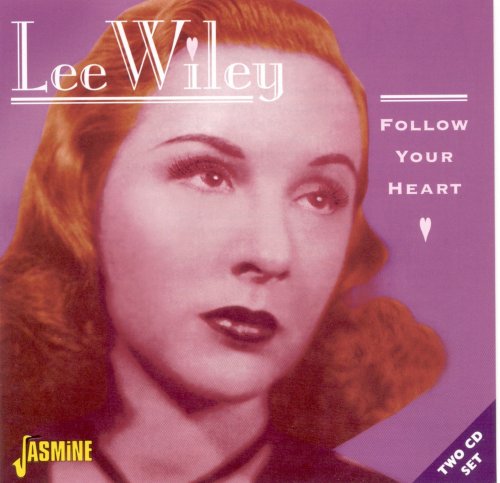

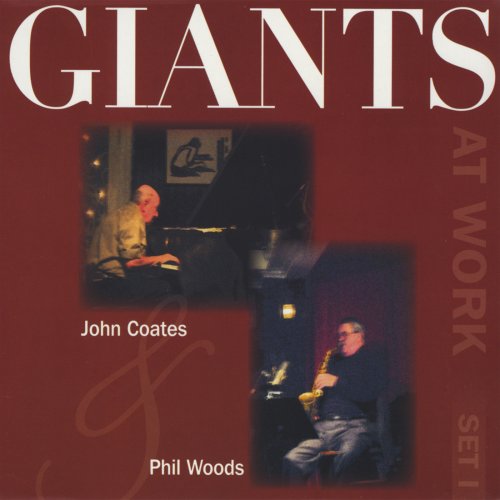
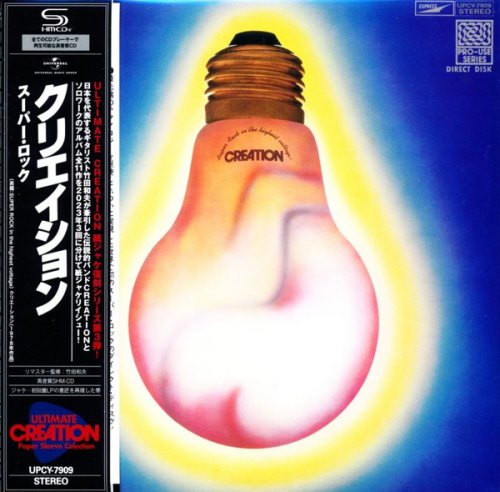
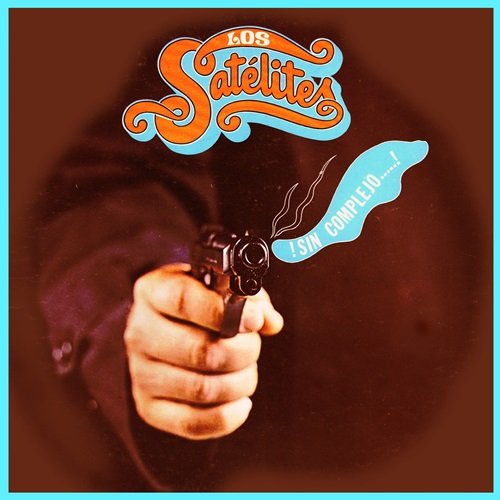
![Art Ensemble Of Chicago - Full Force (1980/2025) [Hi-Res] Art Ensemble Of Chicago - Full Force (1980/2025) [Hi-Res]](https://www.dibpic.com/uploads/posts/2025-12/1766322547_cover.jpg)
